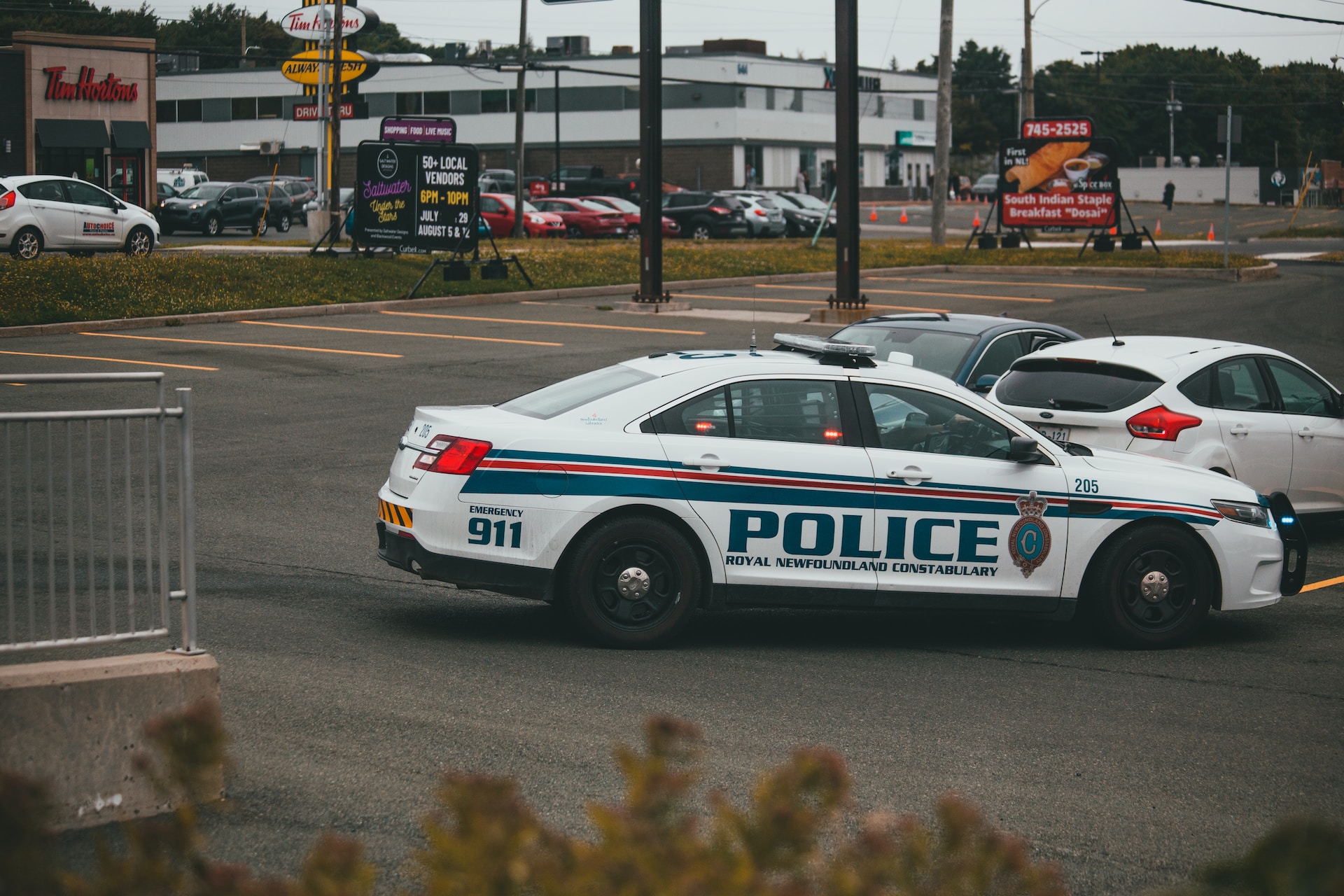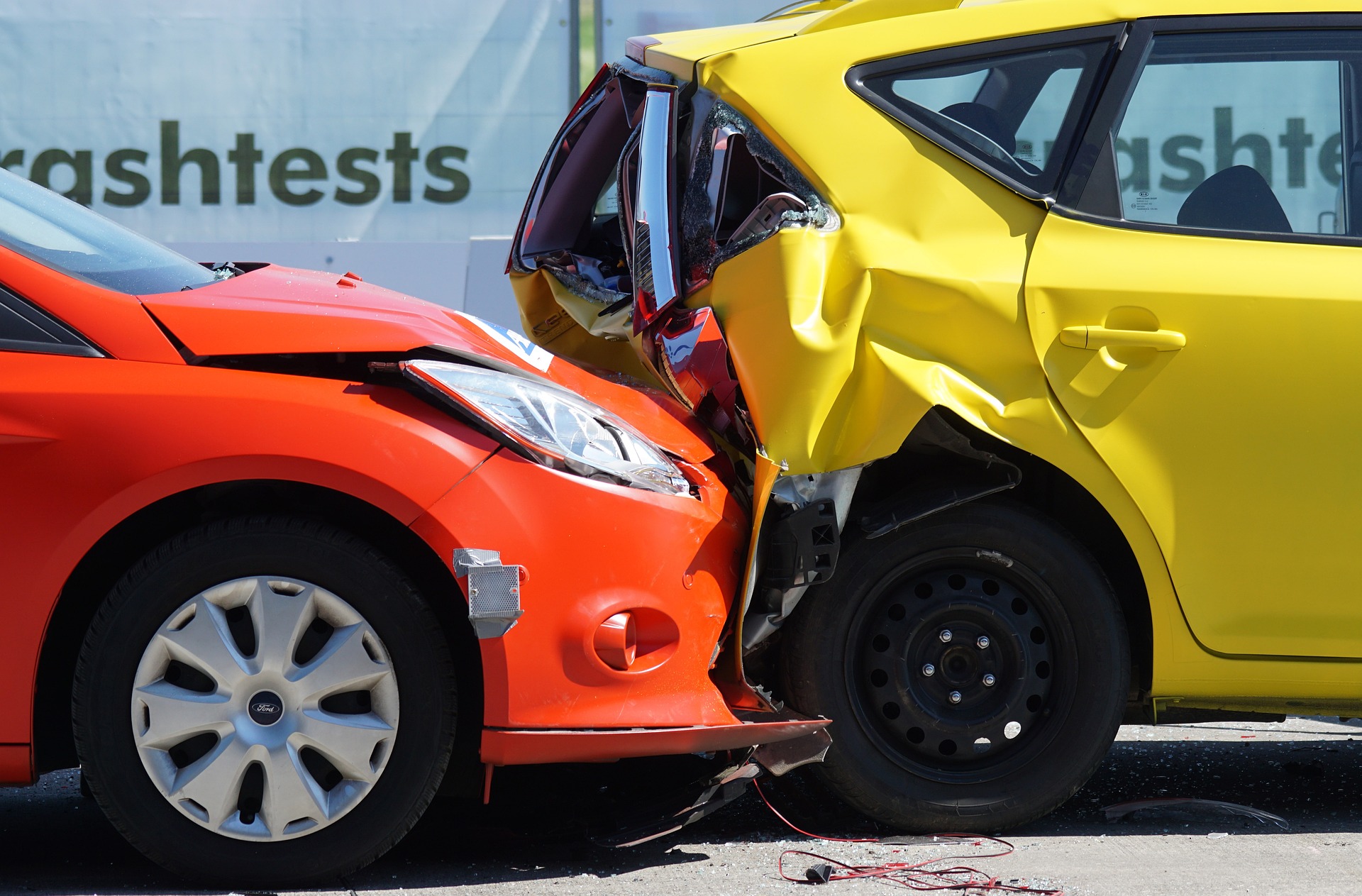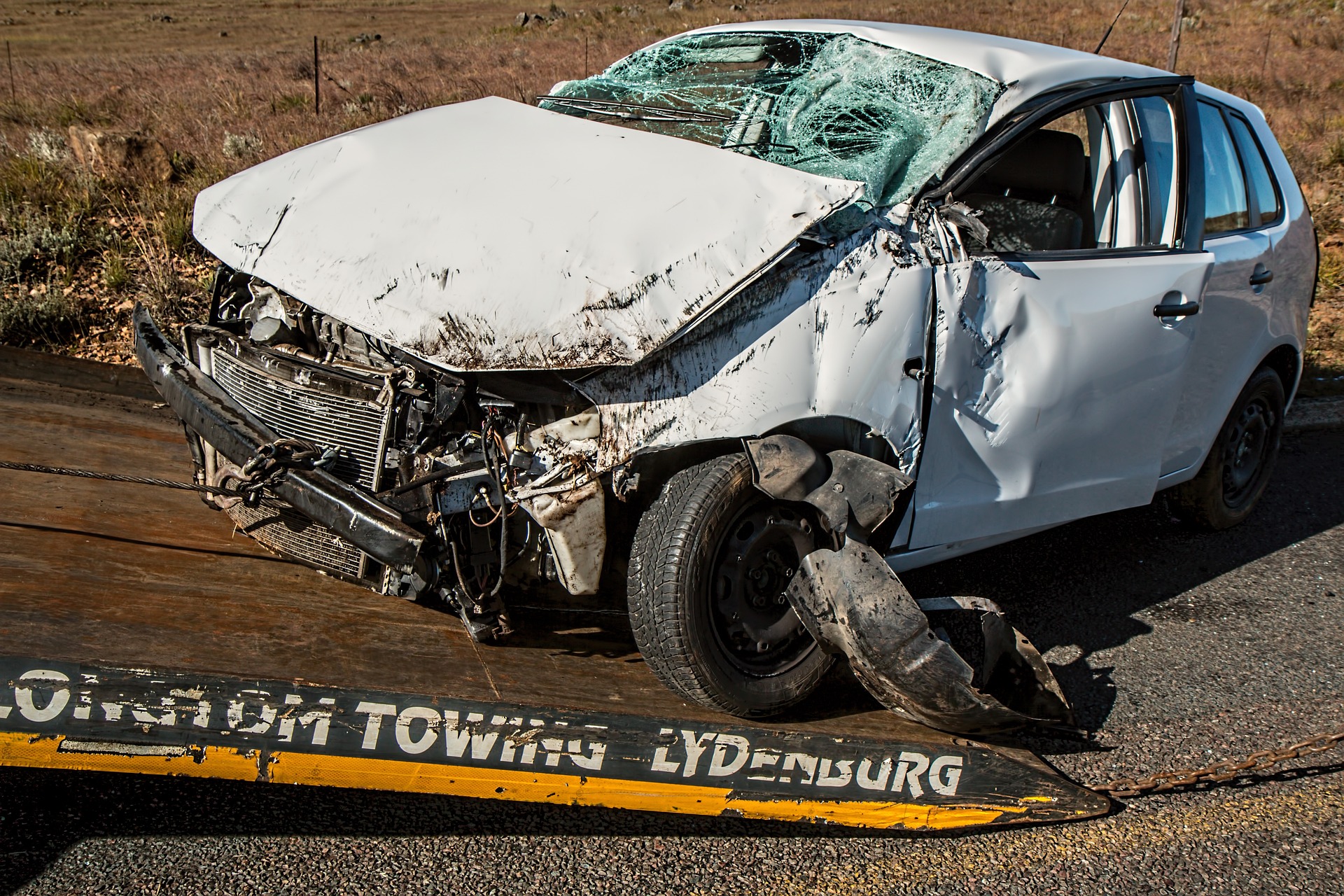Car accidents are stressful and scary events that can happen to anyone. You may be tempted to just drive away and forget about it, especially if the damage seems minor or no one is hurt. But is that a good idea? What are the consequences of not reporting a car accident to the police or your insurance company?
The answer depends on several factors, such as the laws of your state, the severity of the accident, and the involvement of other parties. In some cases, not reporting a car accident can lead to serious legal and financial problems that could have been avoided if you had followed the proper procedures.
Here are 10 things you need to know about what happens if you don’t report a car accident:
1. You may be breaking the law
In most states, you are required by law to report any car accident that involves death, injury, or property damage above a certain threshold. The threshold varies by state, but it can range from $500 to $2,500. If you fail to report such an accident, you may face criminal charges, fines, or even jail time.
For example, in Oregon, you must submit a report of a motor vehicle accident to the Department of Motor Vehicles (DMV) when:
- Damage to any vehicle is over $2,500 (even if your vehicle was the only one in the crash)
- Damages to any vehicle is over $2,500 and any vehicle is towed from the scene
- Injury or death resulted from the crash
- Damages to anyone’s property other than a vehicle involved in this crash is more than $2,500
- Any vehicle involved in this crash has Oregon license plates
You have 72 hours to submit the report after the accident. If you don’t, you may face a suspension of your driving privileges.
2. You may lose your insurance coverage
Another reason to report a car accident is to protect your insurance coverage. Most insurance policies require you to notify your insurer of any accident as soon as possible, regardless of who is at fault or how minor the damage is. This is because your insurer needs to investigate the claim and determine your liability and coverage.
If you don’t report a car accident to your insurer, you may violate your policy terms and risk losing your coverage. This means that if you or someone else files a claim later on, your insurer may deny it or cancel your policy altogether. You may also face higher premiums or difficulty finding another insurer willing to cover you.
3. You may miss out on compensation
Even if you think the car accident was minor and no one was hurt, you may still be entitled to compensation for your damages. This could include medical bills, lost wages, pain and suffering, and property damage. However, if you don’t report a car accident, you may lose your chance to recover compensation from the other party or their insurance company.
This is because most states have statutes of limitations that limit how long you have to file a claim or a lawsuit after an accident. For example, in California, you have two years from the date of the injury or three years from the date of property damage to file a lawsuit against the other party. If you miss this deadline, you may be barred from pursuing legal action.
Additionally, if you don’t report a car accident, you may have difficulty proving your damages and liability later on. Without a police report or an insurance claim, you may lack evidence to support your case and counter any arguments from the other party.

4. You may face a lawsuit
On the flip side, if you don’t report a car accident and you are at fault or partially at fault for it, you may expose yourself to a lawsuit from the other party or their insurance company. They may seek compensation for their damages from you personally, especially if they have uninsured or underinsured motorist coverage.
If this happens, you may have to pay out of pocket for their medical bills, property damage, lost wages, pain and suffering, and legal fees. Depending on the extent of their damages and your assets, this could result in financial ruin for you.
5. You may aggravate your injuries
Another reason
to report a car accident is to avoid aggravating your injuries. Some injuries may not show up right away, but they can worsen over time if left untreated. For example, whiplash is a common neck injury that occurs when the head is forcefully jerked back and forth. It can cause neck pain, stiffness, headaches, and other symptoms that may not appear until days or weeks after the accident.
Other injuries that may have delayed symptoms include:
- Concussions: A concussion is a brain injury that occurs when the brain hits the inside of the skull. It can cause headaches, dizziness, nausea, confusion, memory loss, and other cognitive problems that may not be noticeable at first.
- Internal bleeding: Internal bleeding is a life-threatening condition that occurs when blood vessels are damaged and leak blood into the body cavities. It can cause severe bruising, pain, swelling, fainting, and shock. It may not be detected until hours or days after the accident.
- Back injuries: Back injuries can affect the spine, muscles, nerves, and discs in the neck, upper back, or lower back. They can cause pain, stiffness, numbness, tingling, and shooting sensations that may radiate to the arms or legs. They may not be evident until the inflammation and swelling subside.
If you don’t report a car accident and seek medical attention as soon as possible, you may risk worsening your injuries and complicating your recovery. You may also have difficulty proving that your injuries were caused by the accident and not by some other factor.
6. You may damage your credibility
Another consequence of not reporting a car accident is that you may damage your credibility and reputation. If you try to file a claim or a lawsuit later on, the other party or their insurance company may question why you didn’t report the accident when it happened. They may accuse you of lying, exaggerating, or hiding something.
This could hurt your chances of getting a fair settlement or winning your case in court. It could also affect your personal and professional relationships with others who may doubt your honesty and integrity.
7. You may miss important evidence
When you report a car accident to the police or your insurance company, you are also preserving important evidence that could support your claim or lawsuit later on. This evidence could include:
- The police report: The police report is an official document that records the details of the accident, such as the date, time, location, weather conditions, road conditions, witnesses, parties involved, injuries reported, citations issued, and fault determination. It can provide valuable information and insights into what happened and who was responsible.
- Photos and videos: Photos and videos can capture the scene of the accident, the damage to the vehicles and property involved, the injuries sustained by the parties involved, and any other relevant factors. They can provide visual proof of what happened and how severe it was.
- The witness statements: Witnesses are people who saw or heard what happened during or after the accident. They can provide their accounts of what they observed and corroborate or contradict your version of events. They can also provide additional details that you may have missed or forgotten.
- Medical records: Medical records are documents that show the diagnosis, treatment, prognosis, and expenses related to your injuries. They can prove that you were injured as a result of the accident and how much it cost you to heal.
If you don’t report a car accident promptly promptly, you may lose or compromise some of this evidence. For example, the police may not be able to investigate the scene of the accident, the photos and videos may be deleted or corrupted, the witnesses may forget or disappear, and the medical records may be incomplete or inaccurate. This could weaken your claim or lawsuit and make it harder to prove your damages and liability.
8. You may jeopardize your health and safety
One of the most important reasons to report a car accident is to protect your health and safety. If you don’t report a car accident, you may be putting yourself and others at risk of further harm. For example:
- You may be driving a damaged vehicle that is unsafe or illegal to operate. This could cause another accident or breakdown that could endanger you and other drivers on the road.
- You may be ignoring a serious injury that requires immediate medical attention. This could lead to complications, infections, disabilities, or even death.
- You may be dealing with emotional trauma that affects your mental health and well-being. This could cause anxiety, depression, post-traumatic stress disorder (PTSD), or other psychological problems that could impair your daily functioning and quality of life.
By reporting a car accident, you are taking the necessary steps to ensure your health and safety. You are also helping to prevent future accidents and injuries by holding the responsible party accountable for their actions.
9. You may miss out on valuable resources and support
Another benefit of reporting a car accident is that you may gain access to valuable resources and support that could help you cope with the aftermath of the accident. These resources and support could include:
-
Legal advice:
A car accident lawyer can help you understand your rights and options after a car accident. They can also help you file a claim or a lawsuit against the other party or their insurance company and represent you in negotiations or court proceedings. They can also help you deal with any legal issues that may arise from not reporting a car accident, such as criminal charges, fines, or lawsuits.
-
Insurance benefits:
Your insurance company can help you cover some of the costs associated with a car accident, such as medical bills, property damage, rental car fees, and towing charges. They can also help you file a claim against the other party’s insurance company if they are at fault for the accident. They can also help you defend yourself against any claims or lawsuits from the other party or their insurance company if you are at fault for the accident.
-
Medical care:
Your doctor can help you diagnose and treat your injuries after a car accident. They can also provide you with referrals to specialists, therapists, or other healthcare providers who can help you recover from your physical and emotional injuries. They can also provide you with medical records that can support your claim or lawsuit.
-
Counseling:
A counselor can help you cope with the emotional trauma of a car accident. They can provide you with strategies to manage your stress, anxiety, depression, PTSD, or other psychological issues that may affect your mental health and well-being. They can also provide you with counseling records that can support your claim or lawsuit.
By reporting a car accident, you are opening yourself up to these resources and support that could make a difference in your recovery and outcome.
10. You may prevent similar accidents from happening
Finally, one of the most altruistic reasons to report a car accident is that you may prevent similar accidents from happening in the future. By reporting a car accident, you are:
- Helping the police identify and correct any hazards or defects that may have contributed to the accident, such as faulty traffic lights, potholes, debris, or poor visibility.
- Helping the insurance companies adjust their rates and policies to reflect the risk and cost of car accidents in your area.
- Helping the lawmakers enact and enforce laws and regulations that promote safe driving and prevent distracted driving, drunk driving, speeding, or other reckless behaviors.
- Helping the researchers collect and analyze data on car accidents and their causes, effects, and prevention strategies.
- Helping the public raise awareness and education on car accidents and their consequences.
By reporting a car accident, you are not only helping yourself but also helping others who may be involved in similar situations in the future.

Conclusion
As you can see, there are many reasons why you should report a car accident as soon as possible after it happens. Not reporting a car accident can have serious legal,
financial, and personal consequences that could affect you and others for a long time. Reporting a car accident can protect your rights, interests, and well-being, as well as help prevent future accidents and injuries.
If you have been involved in a car accident, don’t hesitate to report it to the police and your insurance company. You should also seek medical attention and legal advice as soon as possible. These steps can help you recover from the accident and pursue the compensation you deserve.


